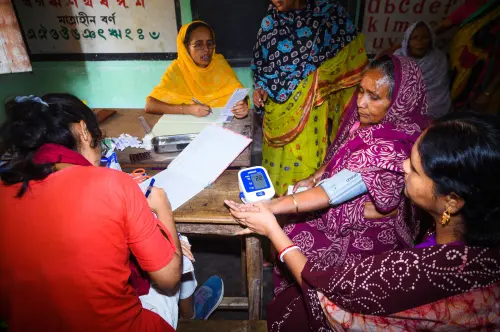Agriculture in sub-Saharan Africa comprises nearly 40 percent of its total GDP and employs a majority of its working-age population. However, food security remains a challenge for millions in the region. As Africa struggles against traditional obstacles in agriculture as well as new ones due to climate change, some scholars and researchers have suggested that African farmers need to adopt agricultural biotechnology, specifically genetically modified (GM) crops, in order to boost their yields and production.
Calestous Juma and Katherine Gordon of Harvard’s Kennedy School of Government call for champions of biotechnology within African governments to help build political support for the use of GM crops to improve farm productivity and incomes.
At the moment, uptake of genetically modified crops in Africa is very low. Only four countries in Africa grow transgenic crops despite the fact that GM crops can help increase yields, reduce input costs and improve soil quality. For example, scientists at Nigeria’s Ahmadu Bello University have created a pest-resistant black-eyed pea that has the potential to help prevent damage from a pest that destroys $300 million worth of crops per year. However, public acceptance of genetically modified crops remains low while regulatory barriers remain high.
Read Foresight Africa 2014
, which details the top priorities for Africa in the coming year, to learn more about biotechnology innovations for Africa and other critical issues for the region.
The Brookings Institution is committed to quality, independence, and impact.
We are supported by a diverse array of funders. In line with our values and policies, each Brookings publication represents the sole views of its author(s).




Commentary
Making 2014 the Year for Biotechnology in Africa
December 25, 2013